While dental implant procedures boast an impressive success rate, there are instances where implants may not integrate well with the jawbone or experience complications down the line. This is where genetics come into play – determining bone quality, influencing immune system response, and even impacting wound healing processes. So let’s delve deeper into these fascinating genetic factors that influence the success rates of implants by the best Dental Practice Norwich. Buckle up for a journey through your genes – you might just discover something remarkable along the way!
Bone Quality and Quantity

One significant genetic factor that impacts dental implant success is the quality and quantity of the patient’s bone. Genes influence bone metabolism and density, which can affect the ability of the jawbone to integrate with the implant. Research suggests that individuals with genetic variations associated with low bone density or compromised bone healing may have a higher risk of implant failure.
Inflammatory Response
The body’s inflammatory response, determined by genetic factors, plays a vital role in the healing process following dental implant surgery. Some individuals may possess gene variants associated with excessive inflammation or poor tissue healing, increasing the risk of complications and implant failure. Genetic testing can identify these variations, allowing dentists to implement preventive measures, such as administering anti-inflammatory medications, optimizing oral hygiene practices, and closely monitoring the healing progress.

Immune System Response
The immune system’s response to foreign substances, including dental implants, is highly influenced by genetic factors. Specific genes control the immune system’s ability to tolerate or reject the implant materials. Variations in these genes can impact the patient’s immune response, affecting the integration and long-term stability of dental implants. By understanding an individual’s immune profile through genetic testing, dentists can personalize treatment plans and select implant materials that are more compatible with the patient’s immune system, minimizing the risk of complications and implant failure.
Collagen Formation and Wound Healing

Collagen, a vital component for tissue healing and wound repair, is influenced by genetic factors. Gene variations involved in collagen production, remodeling, and cross-linking can impact the healing process around dental implants. Individuals with genetic variations associated with impaired collagen synthesis may experience delayed or insufficient tissue integration, leading to higher failure rates.
While various factors influence dental implant success, understanding the role of genetics is becoming increasingly significant in personalized implant dentistry. Genetic factors such as bone quality and quantity, inflammatory and immune responses, and collagen formation play crucial roles in determining the success or failure of dental implants.

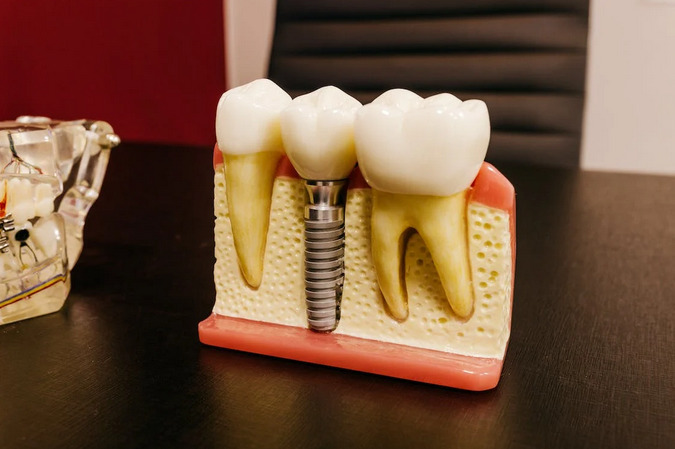

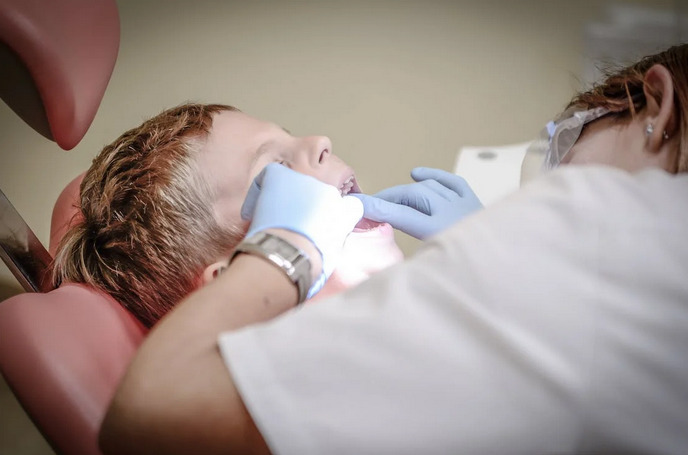
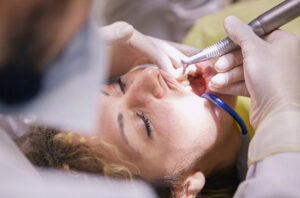 Wisdom teeth, also known as third molars, often emerge in late adolescence or early adulthood. However, due to limited space in the mouth, they can become impacted or grow at an angle, causing pain, infection, and potential damage to adjacent teeth.
Wisdom teeth, also known as third molars, often emerge in late adolescence or early adulthood. However, due to limited space in the mouth, they can become impacted or grow at an angle, causing pain, infection, and potential damage to adjacent teeth.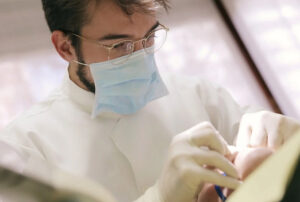 Orthognathic surgery is a corrective procedure to address significant jaw irregularities affecting bite function, facial aesthetics, and speech. This surgical treatment involves repositioning the upper jaw (maxilla), lower jaw (mandible), or both to achieve better alignment and balance. Orthodontic treatment often precedes and follows orthognathic surgery to ensure optimal results. Jaw surgery can provide numerous benefits, including improved bite function, enhanced facial symmetry, and resolution of breathing difficulties associated with jaw abnormalities.
Orthognathic surgery is a corrective procedure to address significant jaw irregularities affecting bite function, facial aesthetics, and speech. This surgical treatment involves repositioning the upper jaw (maxilla), lower jaw (mandible), or both to achieve better alignment and balance. Orthodontic treatment often precedes and follows orthognathic surgery to ensure optimal results. Jaw surgery can provide numerous benefits, including improved bite function, enhanced facial symmetry, and resolution of breathing difficulties associated with jaw abnormalities.

 Maintaining good oral hygiene is important not only for a healthy mouth but also for overall health. Poor oral health can lead to various medical conditions and diseases, including heart disease. Studies have shown a connection between gum disease and heart disease. Gum disease is an infection of the gums caused by bacteria in plaque, which can cause inflammation and damage to the soft tissue and bone supporting the teeth. When left untreated, it can lead to tooth loss. However, the effects of gum disease are not limited to just your mouth. Periodontal bacteria can enter your bloodstream through bleeding gums, leading to inflammation in other parts of your body, such as the arteries. This inflammation increases the risk of developing cardiovascular diseases like stroke or heart attack.
Maintaining good oral hygiene is important not only for a healthy mouth but also for overall health. Poor oral health can lead to various medical conditions and diseases, including heart disease. Studies have shown a connection between gum disease and heart disease. Gum disease is an infection of the gums caused by bacteria in plaque, which can cause inflammation and damage to the soft tissue and bone supporting the teeth. When left untreated, it can lead to tooth loss. However, the effects of gum disease are not limited to just your mouth. Periodontal bacteria can enter your bloodstream through bleeding gums, leading to inflammation in other parts of your body, such as the arteries. This inflammation increases the risk of developing cardiovascular diseases like stroke or heart attack.

 Eating at regular intervals throughout the day can also help to reduce cravings. When you eat meals at consistent times, it helps to keep your blood sugar levels stable, which can prevent sudden drops in energy that can lead to cravings for unhealthy snacks and sweets. Additionally, eating frequent meals helps to ensure that you’re getting enough nutrition, which can also help curb these cravings. In conclusion, meal timing is an essential factor in weight loss.
Eating at regular intervals throughout the day can also help to reduce cravings. When you eat meals at consistent times, it helps to keep your blood sugar levels stable, which can prevent sudden drops in energy that can lead to cravings for unhealthy snacks and sweets. Additionally, eating frequent meals helps to ensure that you’re getting enough nutrition, which can also help curb these cravings. In conclusion, meal timing is an essential factor in weight loss.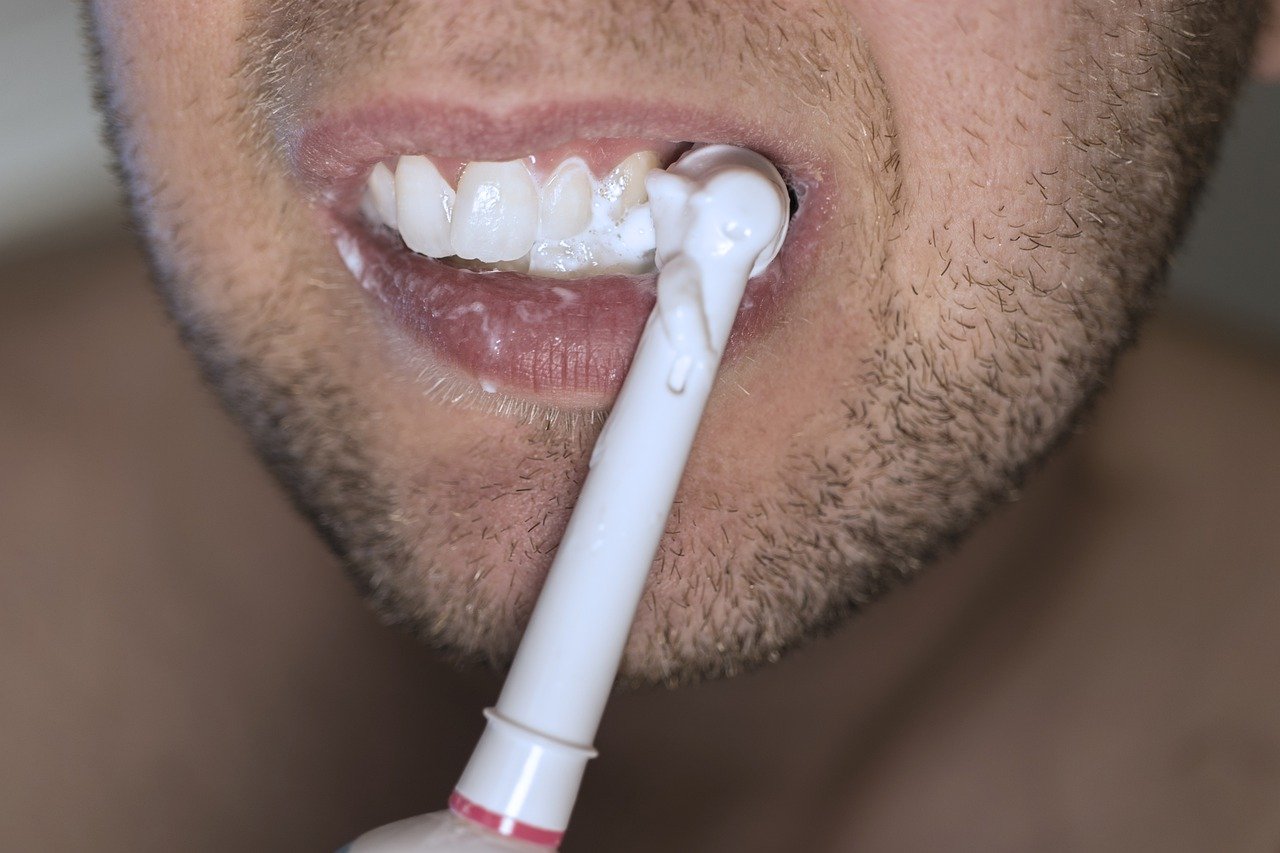
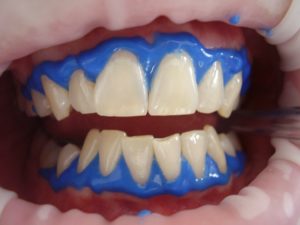 If you are looking for a long-lasting and effective teeth whitening, you should consider Enlighten Whitening. This is a professional treatment that can give you great results. The procedure involves using a special gel on your teeth, which is then activated by blue light. This light helps break down the stains on your teeth so they can be removed more easily.
If you are looking for a long-lasting and effective teeth whitening, you should consider Enlighten Whitening. This is a professional treatment that can give you great results. The procedure involves using a special gel on your teeth, which is then activated by blue light. This light helps break down the stains on your teeth so they can be removed more easily.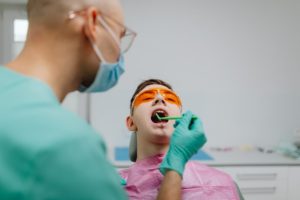 Another excellent option for those looking for an effective teeth whitening procedure is laser teeth whitening. The procedure is popular because it is quick and convenient and can provide dramatic results. A bleaching gel is applied to the teeth and then activated with a laser or LED light during the whitening procedure. The light helps to accelerate the whitening process by penetrating the tooth enamel and breaking up stains. Laser whitening is usually done in one short office visit and can provide results that are up to eight shades lighter. The procedure is safe and effective, and it has little to no sensitivity or discomfort. If you are looking for a quick and convenient way to achieve dramatic results, then laser teeth whitening may be the right choice.
Another excellent option for those looking for an effective teeth whitening procedure is laser teeth whitening. The procedure is popular because it is quick and convenient and can provide dramatic results. A bleaching gel is applied to the teeth and then activated with a laser or LED light during the whitening procedure. The light helps to accelerate the whitening process by penetrating the tooth enamel and breaking up stains. Laser whitening is usually done in one short office visit and can provide results that are up to eight shades lighter. The procedure is safe and effective, and it has little to no sensitivity or discomfort. If you are looking for a quick and convenient way to achieve dramatic results, then laser teeth whitening may be the right choice.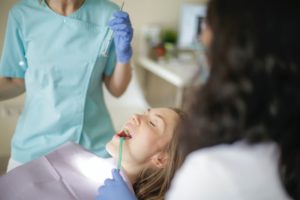 Many people are interested in having whiter teeth but may not know the different whitening options available to them. In-office teeth whitening is one option that can give you dramatic results in a short amount of time. This type of whitening is usually done by a dentist or cosmetic dentist and involves using a more potent bleaching agent than what is available over the counter. In-office teeth whitening can give you up to eight shades lighter results in just one visit. If you are looking for a more affordable option, at-home teeth whitening kits can give you great results.
Many people are interested in having whiter teeth but may not know the different whitening options available to them. In-office teeth whitening is one option that can give you dramatic results in a short amount of time. This type of whitening is usually done by a dentist or cosmetic dentist and involves using a more potent bleaching agent than what is available over the counter. In-office teeth whitening can give you up to eight shades lighter results in just one visit. If you are looking for a more affordable option, at-home teeth whitening kits can give you great results.
 One of the main reasons people take nootropics is for the health benefits. Nootropics can help with various health conditions, such as Alzheimer’s disease, ADHD, and even depression. Multiple studies have shown that nootropics can improve cognitive function, memory, and mood. There are many different types of nootropics available on the market, so it’s essential to do your research to find the right one for you. If you’re looking for a natural way to improve your health, nootropic supplements are definitely worth considering.
One of the main reasons people take nootropics is for the health benefits. Nootropics can help with various health conditions, such as Alzheimer’s disease, ADHD, and even depression. Multiple studies have shown that nootropics can improve cognitive function, memory, and mood. There are many different types of nootropics available on the market, so it’s essential to do your research to find the right one for you. If you’re looking for a natural way to improve your health, nootropic supplements are definitely worth considering. The internet is filled with more information than ever before. You can find out about anything with just a few clicks; this includes information on nootropic supplements. There are numerous forums and websites dedicated to discussing these types of supplements. This means that people can share their experiences and knowledge with others. This makes it easier for people to make informed decisions about whether or not they should take a particular supplement.
The internet is filled with more information than ever before. You can find out about anything with just a few clicks; this includes information on nootropic supplements. There are numerous forums and websites dedicated to discussing these types of supplements. This means that people can share their experiences and knowledge with others. This makes it easier for people to make informed decisions about whether or not they should take a particular supplement.
 Yogurt is a probiotic food containing beneficial bacteria that can help improve your digestive health. The probiotics in yogurt can help break down carbohydrates, proteins, and fibre, and they may also reduce the risk of certain diseases like diarrhea and constipation.
Yogurt is a probiotic food containing beneficial bacteria that can help improve your digestive health. The probiotics in yogurt can help break down carbohydrates, proteins, and fibre, and they may also reduce the risk of certain diseases like diarrhea and constipation. As we mentioned earlier, yogurt is a probiotic food. As such, it can help strengthen your immune system—the probiotics in yogurt work by fighting off infection-causing pathogens (bad microorganisms).
As we mentioned earlier, yogurt is a probiotic food. As such, it can help strengthen your immune system—the probiotics in yogurt work by fighting off infection-causing pathogens (bad microorganisms). Osteoporosis is a condition that affects the bones, causing them to become weak and brittle. One of the best ways to protect yourself from osteoporosis is to eat foods high in calcium and vitamin D. In fact, a single serving of yogurt can provide you with as much as forty percent of your recommended daily intake of calcium. This is important because calcium is essential for maintaining healthy bones.
Osteoporosis is a condition that affects the bones, causing them to become weak and brittle. One of the best ways to protect yourself from osteoporosis is to eat foods high in calcium and vitamin D. In fact, a single serving of yogurt can provide you with as much as forty percent of your recommended daily intake of calcium. This is important because calcium is essential for maintaining healthy bones.
 When choosing medical alert systems, the first thing you will want to do is find an experienced company. This does not necessarily mean the largest, but it means one with a good reputation and plenty of experience in this industry. You can start by looking at reviews online or asking friends for recommendations if they have used any system before.
When choosing medical alert systems, the first thing you will want to do is find an experienced company. This does not necessarily mean the largest, but it means one with a good reputation and plenty of experience in this industry. You can start by looking at reviews online or asking friends for recommendations if they have used any system before. Once you have chosen a company, the next step is to learn about different device styles and optional features. The type of system you choose can make a big difference in how it will work for your needs. In addition to this, many companies will offer other add-ons or devices such as pendants or wristbands that may be an additional cost but could provide more safety for you.
Once you have chosen a company, the next step is to learn about different device styles and optional features. The type of system you choose can make a big difference in how it will work for your needs. In addition to this, many companies will offer other add-ons or devices such as pendants or wristbands that may be an additional cost but could provide more safety for you.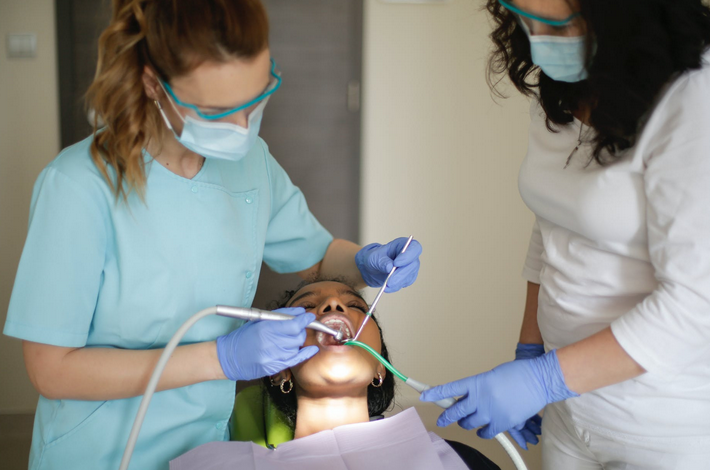
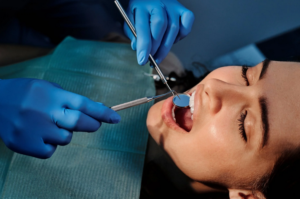 Because dental technology is changing, the amount of technology employed by the dentist will determine whether or not you receive the finest treatment. You may inspect the offices to check that they have been equipped with cutting-edge technology.
Because dental technology is changing, the amount of technology employed by the dentist will determine whether or not you receive the finest treatment. You may inspect the offices to check that they have been equipped with cutting-edge technology.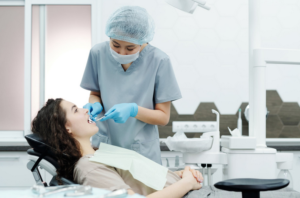 When looking for a dentist, you should look into their education and
When looking for a dentist, you should look into their education and 


 Water is essential for almost every bodily function, including cleaning your teeth. Drinking water helps flush away food particles and bacteria that can get stuck between the teeth and make it less likely to form plaque on teeth. Over time, this will prevent tooth decay because you limit how many sugary or acidic foods touch your tooth enamel.
Water is essential for almost every bodily function, including cleaning your teeth. Drinking water helps flush away food particles and bacteria that can get stuck between the teeth and make it less likely to form plaque on teeth. Over time, this will prevent tooth decay because you limit how many sugary or acidic foods touch your tooth enamel.
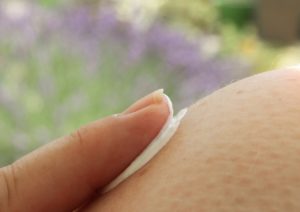 Acne-fighting properties of CBD have been reported. CBD’s impact on immune system receptors leads to a reduction in inflammation. CBD oil can help treat acne on the skin in this way. CBD has also been shown to decrease sebaceous gland activity. These glands are in charge of generating sebum. It is a natural oil that moisturizes the skin. Too much sebum, on the other hand, can lead to acne. It is recommended that you speak with your dermatologist before taking CBD to assist with your acne.
Acne-fighting properties of CBD have been reported. CBD’s impact on immune system receptors leads to a reduction in inflammation. CBD oil can help treat acne on the skin in this way. CBD has also been shown to decrease sebaceous gland activity. These glands are in charge of generating sebum. It is a natural oil that moisturizes the skin. Too much sebum, on the other hand, can lead to acne. It is recommended that you speak with your dermatologist before taking CBD to assist with your acne. CB1 is a kind of receptor found in the brain. Researchers are investigating how CBD affects this receptor to minimize the risk of neurodegenerative illnesses, including Alzheimer’s, Parkinson’s, and stroke, which cause the brain to degrade over time. Remember to prevent irritation, only use it under physician supervision.
CB1 is a kind of receptor found in the brain. Researchers are investigating how CBD affects this receptor to minimize the risk of neurodegenerative illnesses, including Alzheimer’s, Parkinson’s, and stroke, which cause the brain to degrade over time. Remember to prevent irritation, only use it under physician supervision. CBD’s impact on brain receptors may make it easier to control pain. Cannabis has been proven in certain trials to help with arthritis, muscular discomfort, and even spinal cord injury. Others have demonstrated that it can help with cancer therapies. Sativex, for example, is a medication. Some nations have approved a combination of CBD and THC as a therapy for multiple sclerosis.
CBD’s impact on brain receptors may make it easier to control pain. Cannabis has been proven in certain trials to help with arthritis, muscular discomfort, and even spinal cord injury. Others have demonstrated that it can help with cancer therapies. Sativex, for example, is a medication. Some nations have approved a combination of CBD and THC as a therapy for multiple sclerosis.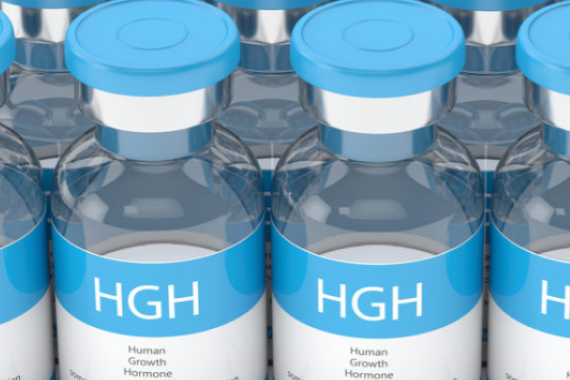
 While many people spend a good part of their time trying to ensure that they develop big muscles, only a few achieve this objective. Taking the right hgh supplements can help build muscle. Therefore, you need to acknowledge that going to the gym alone may not guarantee you the desire of your heart. Sometimes, you need to include a quality diet and supplements for you to have fast results.
While many people spend a good part of their time trying to ensure that they develop big muscles, only a few achieve this objective. Taking the right hgh supplements can help build muscle. Therefore, you need to acknowledge that going to the gym alone may not guarantee you the desire of your heart. Sometimes, you need to include a quality diet and supplements for you to have fast results. Another reason to consider investing your money in HGH supplements is that they can help with weight loss. Most people spend their time in the gym with the hopes of losing weight, but not most of them get to see the light of the day. If you have been struggling with obesity for a long time, then it is high time that you need to give these
Another reason to consider investing your money in HGH supplements is that they can help with weight loss. Most people spend their time in the gym with the hopes of losing weight, but not most of them get to see the light of the day. If you have been struggling with obesity for a long time, then it is high time that you need to give these  Lastly, the use of HGH supplements may play an essential role in enhancing sexual drive. Most couples are divorcing because of cheating, and if you want to overcome such challenges, you need to ensure that you remain in good health. Besides improving sex drive, the hormone can also help in improving your mood. Often, people develop stress and eventually depression because they fail to cultivate good moods in their hearts. The use of HGH supplements may make a big difference in your efforts to leading a healthy life.
Lastly, the use of HGH supplements may play an essential role in enhancing sexual drive. Most couples are divorcing because of cheating, and if you want to overcome such challenges, you need to ensure that you remain in good health. Besides improving sex drive, the hormone can also help in improving your mood. Often, people develop stress and eventually depression because they fail to cultivate good moods in their hearts. The use of HGH supplements may make a big difference in your efforts to leading a healthy life.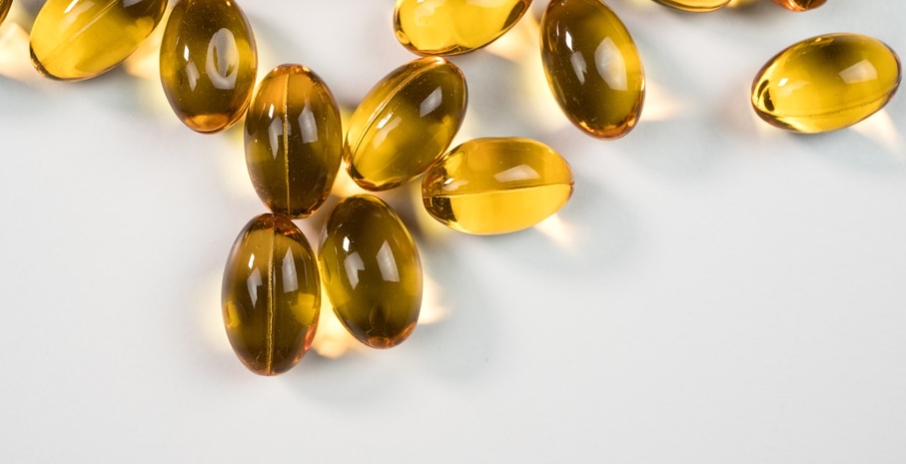
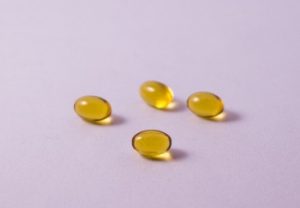 It should always be the brand first! The brand that you’ll buy your legal steroid from is significant. There are several brands out there, but only a few of them are trustworthy in the business. Therefore, you must ensure that you do your research before deciding on a specific brand. For instance, that brand should have a built reputation over the years and should have positive reviews from customers that have already interacted with them previously.
It should always be the brand first! The brand that you’ll buy your legal steroid from is significant. There are several brands out there, but only a few of them are trustworthy in the business. Therefore, you must ensure that you do your research before deciding on a specific brand. For instance, that brand should have a built reputation over the years and should have positive reviews from customers that have already interacted with them previously.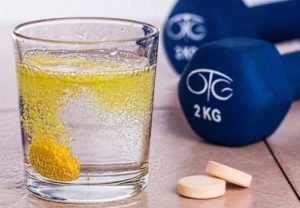 It’s a no-brainer that you must consider to have clean label supplements with bare minimum ingredients. Therefore, you should be very keen and watch out for additives, colors, fillers, and any unwanted synthetic agents. All the ingredients that are used should be backed at least by scientific studies. That way, you’ll be able to avoid purchasing legal steroids that may cause other unnecessary effects on your body.
It’s a no-brainer that you must consider to have clean label supplements with bare minimum ingredients. Therefore, you should be very keen and watch out for additives, colors, fillers, and any unwanted synthetic agents. All the ingredients that are used should be backed at least by scientific studies. That way, you’ll be able to avoid purchasing legal steroids that may cause other unnecessary effects on your body.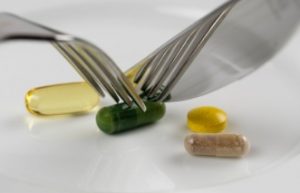 Your fitness goal will determine the type of legal steroid that you’ll purchase. Your
Your fitness goal will determine the type of legal steroid that you’ll purchase. Your 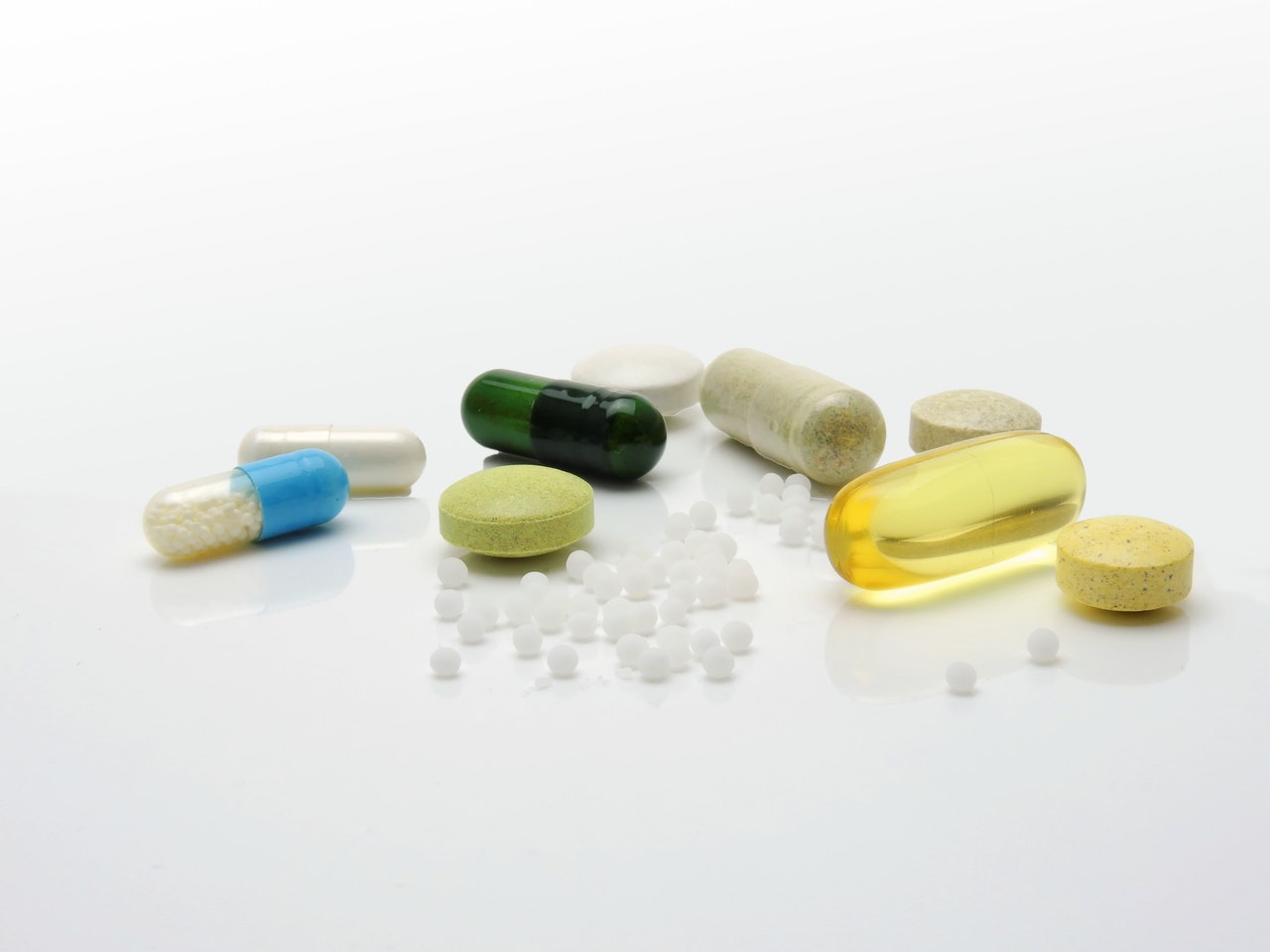
 Some fat burners are natural and need no special formulas. For example, yohimbine and caffeine are two fat burners that occur naturally. As long as you are not allergic, you can start with safe amounts of these in your daily diet.
Some fat burners are natural and need no special formulas. For example, yohimbine and caffeine are two fat burners that occur naturally. As long as you are not allergic, you can start with safe amounts of these in your daily diet. Whether you are taking supplements or not, make sure you are taking the recommended daily water intake amounts. It becomes even more important when you are using fat burner supplements. This is because the supplements will make your body work harder to burn excess fats. This might leave you thirsty and even dehydrated. Not having enough water can also slow down your metabolism and leave you feeling low energy constantly. Therefore, you need to drink at least two liters daily.
Whether you are taking supplements or not, make sure you are taking the recommended daily water intake amounts. It becomes even more important when you are using fat burner supplements. This is because the supplements will make your body work harder to burn excess fats. This might leave you thirsty and even dehydrated. Not having enough water can also slow down your metabolism and leave you feeling low energy constantly. Therefore, you need to drink at least two liters daily. Unlike what most people assume, fat burner supplements will not give you the perfect body overnight. You need to follow up your supplements with healthy habits like exercise. If you are entirely unfit, you can start with brisk walking and work up to
Unlike what most people assume, fat burner supplements will not give you the perfect body overnight. You need to follow up your supplements with healthy habits like exercise. If you are entirely unfit, you can start with brisk walking and work up to 
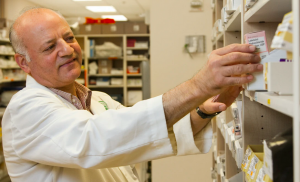 It is crucial to note that talking to a doctor before using any weight loss supplement will benefit you in so many ways. Weight loss supplements are still a new concept to many people. Although you may find detailed information about weight loss supplements online, it will pay off if you talk to an expert on the subject.
It is crucial to note that talking to a doctor before using any weight loss supplement will benefit you in so many ways. Weight loss supplements are still a new concept to many people. Although you may find detailed information about weight loss supplements online, it will pay off if you talk to an expert on the subject.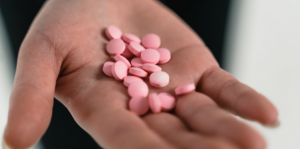 Before using any supplement, it will be crucial to ensure that it is safe for consumption. Some people are not aware that weight loss supplements tend to have side effects. It will be unwise to use a supplement that will undermine your health. Some supplements are ideal as they only have mild side effects, but this is not always the case.
Before using any supplement, it will be crucial to ensure that it is safe for consumption. Some people are not aware that weight loss supplements tend to have side effects. It will be unwise to use a supplement that will undermine your health. Some supplements are ideal as they only have mild side effects, but this is not always the case.
 Those modes that keep on saying that water is the secret to their beauty is not lying. It might seem like it is too good to be true, but it is a fact that you will have a better skin if you drink a lot of water every day. The color of your pee needs to be clear and not until you get sick of getting in and out of the toilet to do number one then you have drunk enough water for the day. If possible, you should cut off any other beverage aside from water so you will only fill your body with what you need rather than what you want which is sweets, soda, and caffeine.
Those modes that keep on saying that water is the secret to their beauty is not lying. It might seem like it is too good to be true, but it is a fact that you will have a better skin if you drink a lot of water every day. The color of your pee needs to be clear and not until you get sick of getting in and out of the toilet to do number one then you have drunk enough water for the day. If possible, you should cut off any other beverage aside from water so you will only fill your body with what you need rather than what you want which is sweets, soda, and caffeine.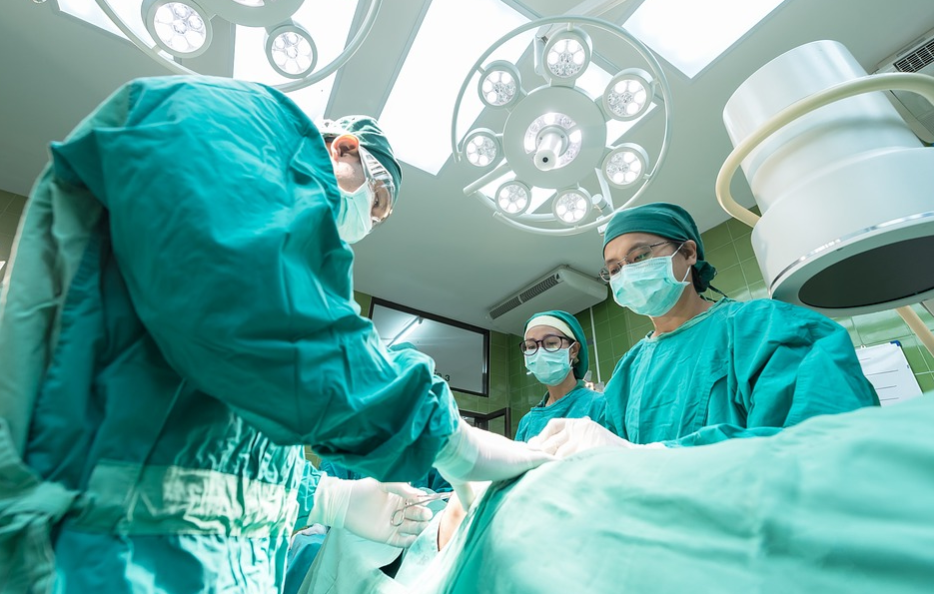




 Fruits and vegetables are a must for everyone since they are rich in nutrients. You also need to make sure that you visit your doctor on a regular basis and use supplements if needed.
Fruits and vegetables are a must for everyone since they are rich in nutrients. You also need to make sure that you visit your doctor on a regular basis and use supplements if needed.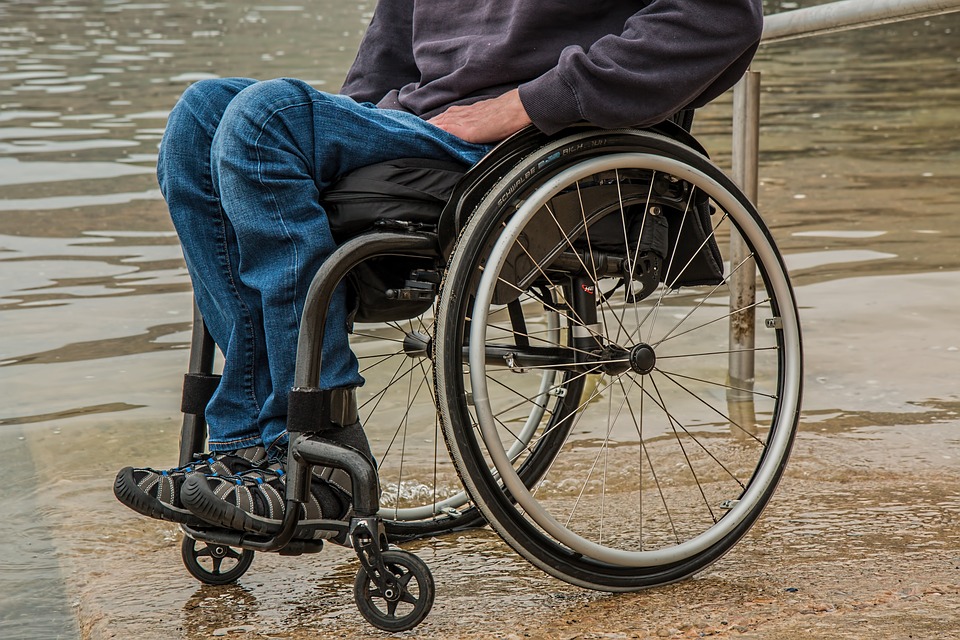
 Stroke tends to weaken and kill some certain functionality of body parts. Considering physical therapy, a stroke patient will have the reduced body parts improve gradually and become stronger as they continue with the therapy. The stroke patient’s ability to move around and also roll in bed can also be enhanced with the physical therapy. Physical therapy tends to increase patient’s level of independence.
Stroke tends to weaken and kill some certain functionality of body parts. Considering physical therapy, a stroke patient will have the reduced body parts improve gradually and become stronger as they continue with the therapy. The stroke patient’s ability to move around and also roll in bed can also be enhanced with the physical therapy. Physical therapy tends to increase patient’s level of independence.


 Exercise regularly while making sure you sweat, this removes toxins that can clog pores, helping your skin look vibrant. Do not smoke. Tobacco is one component known to bring about the ageing of the skin. Smoking also causes dehydration of the skin and can make it look dull.
Exercise regularly while making sure you sweat, this removes toxins that can clog pores, helping your skin look vibrant. Do not smoke. Tobacco is one component known to bring about the ageing of the skin. Smoking also causes dehydration of the skin and can make it look dull.